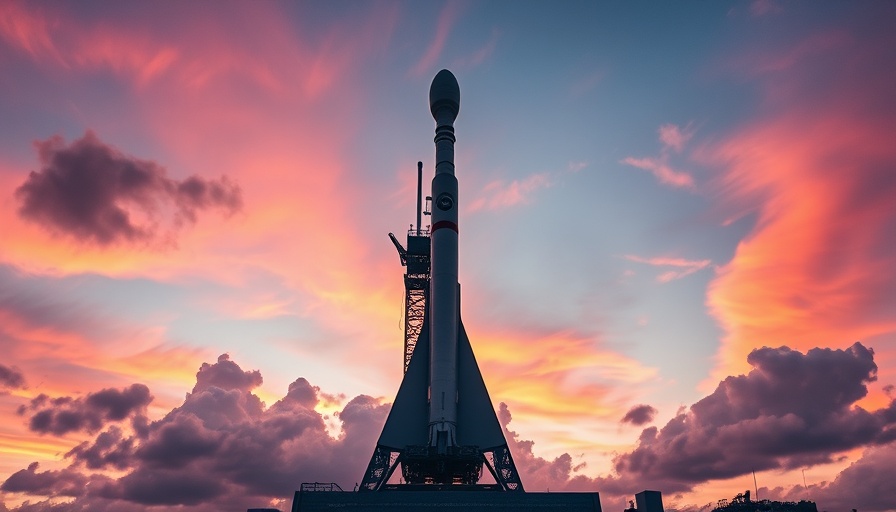
Starship's Second Consecutive Failure: A Setback for SpaceX
On March 6, 2025, SpaceX's Starship spacecraft faced another catastrophic failure during its test flight, spiraling out of control shortly after launch. The unfortunate incident follows closely on the heels of a previous failure just weeks earlier, marking a troubling trend for the ambitious Mars rocket program. This time, launched from the Boca Chica facility in Texas, the Starship initially appeared to function smoothly, with the Super Heavy booster returning safely to the launchpad. However, approximately eight minutes into the flight, problems arose as multiple Raptor engines failed, leading the spacecraft to tumble dramatically over the ocean, ultimately losing contact with mission control.
The Impact of Repeated Failures on Space Exploration
The recent mishaps raise significant questions about the development and testing processes of SpaceX's Starship program. Historically, test flights are essential for identifying design flaws and improving safety. However, encountering critical failures in such quick succession could slow progress and undermine investor confidence in the company's ability to successfully launch crewed missions and deploy satellite technology. Following the first failure, menacing clouds of public relations trouble seem to encircle SpaceX as it attempts to navigate a very public learning curve.
The Importance of Learning from Failures
Elon Musk’s SpaceX is not a stranger to setbacks. In the past, other companies have faced failures that led to groundbreaking advancements. NASA’s Apollo program, for example, faced various challenges, yet each failure propelled the team towards success. SpaceX’s communications manager, Dan Huot, remains optimistic despite the setbacks, noting, "Unfortunately this happened last time too, so we've got some practice now." This mindset allows for resilience in the face of adversity, emphasizing that while failures may momentarily halt progress, they are vital learning opportunities.
Future Trends: What Lies Ahead for Starship
The implications of these test flight failures extend beyond just SpaceX. As commercial space travel continues to gain momentum, understanding the importance of risk management and robust engineering is imperative for all aerospace companies. The setbacks could influence regulation and safety protocols, pushing both governments and companies to reassess their approaches to space exploration. Future missions utilizing SpaceX technology, especially those planned for Mars colonization, will require a painstaking focus on reliability and thorough testing protocols to ensure safety and success.
 Add Row
Add Row  Add
Add 




Write A Comment